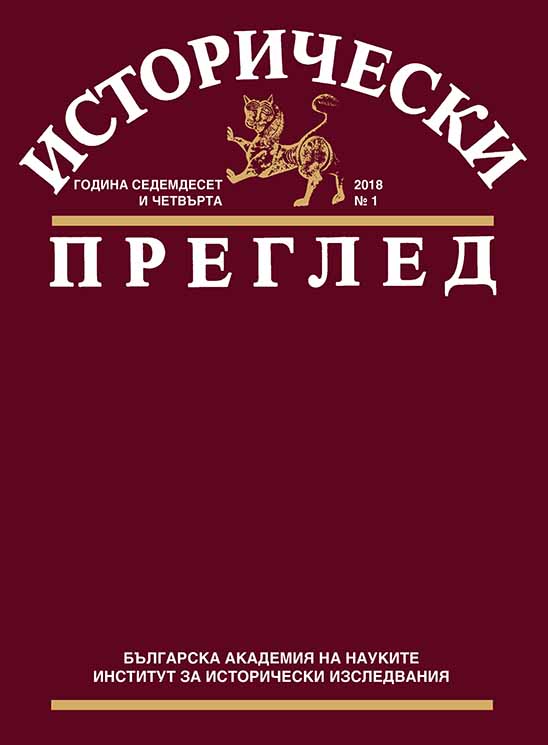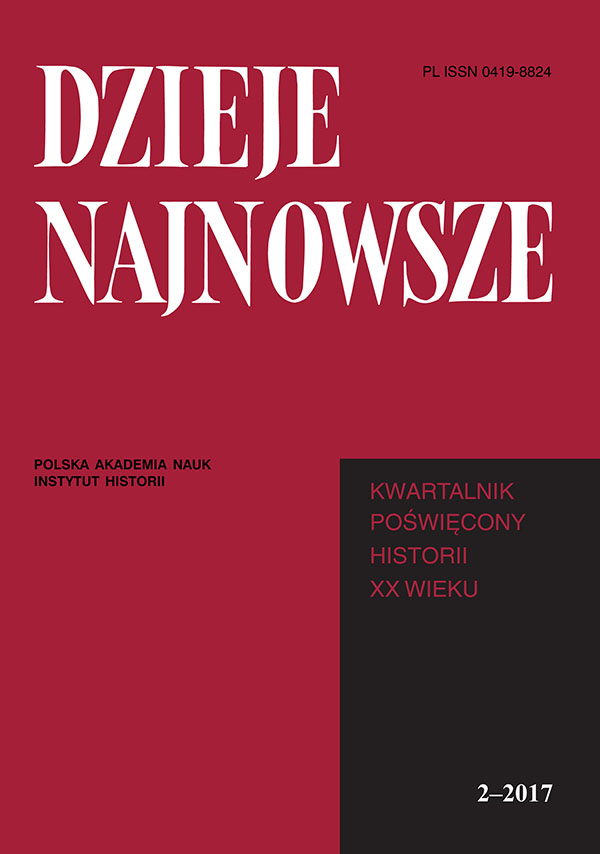We kindly inform you that, as long as the subject affiliation of our 300.000+ articles is in progress, you might get unsufficient or no results on your third level or second level search. In this case, please broaden your search criteria.
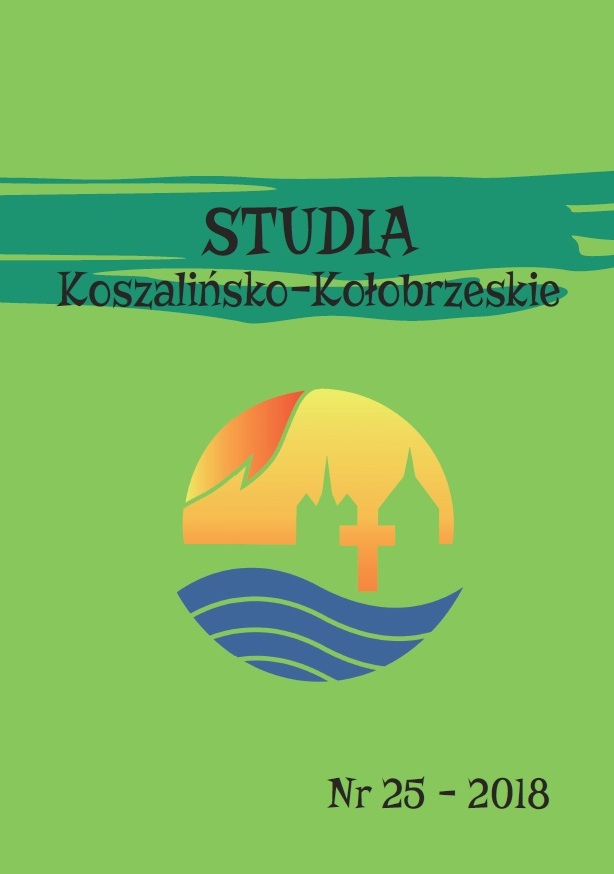


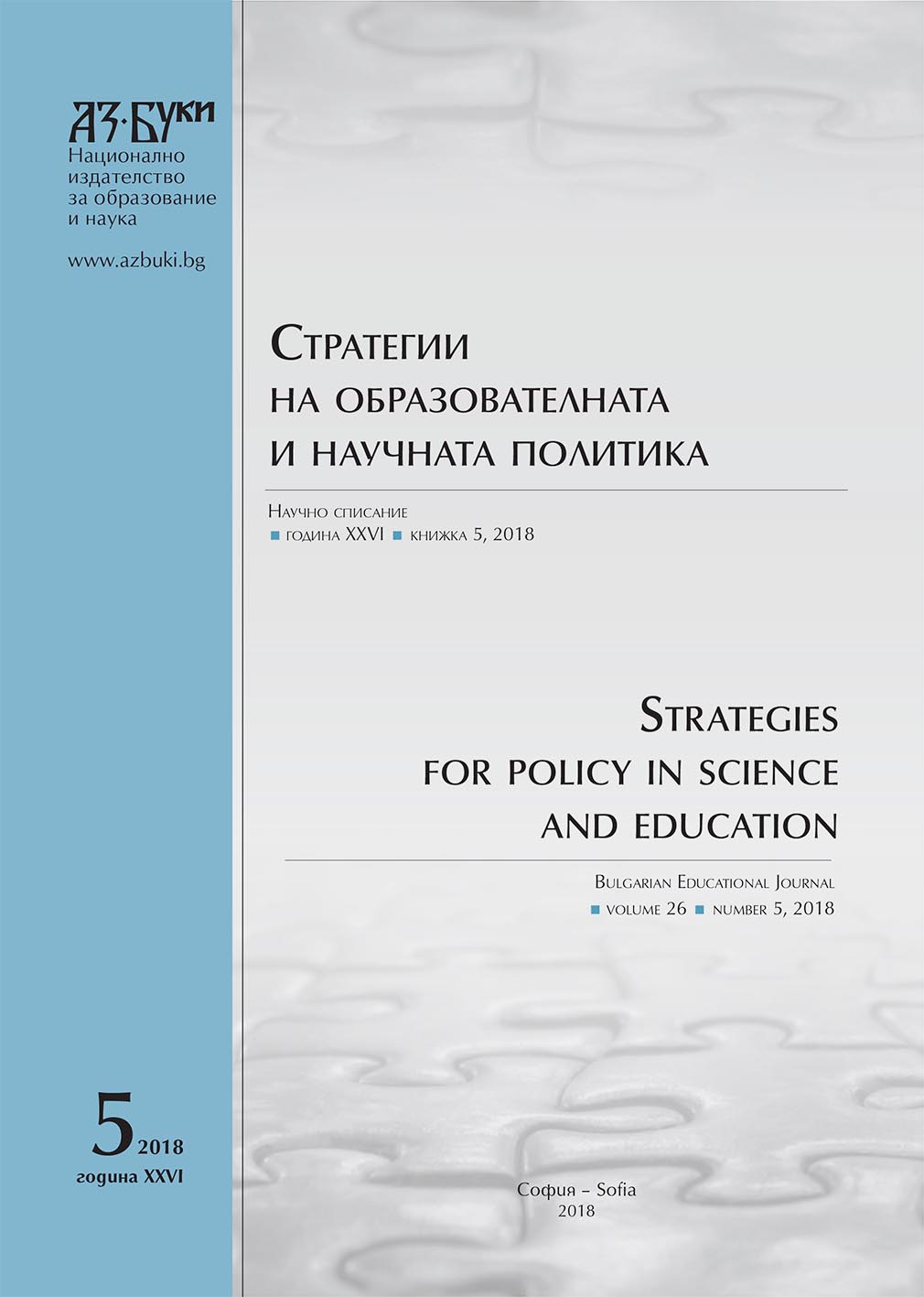
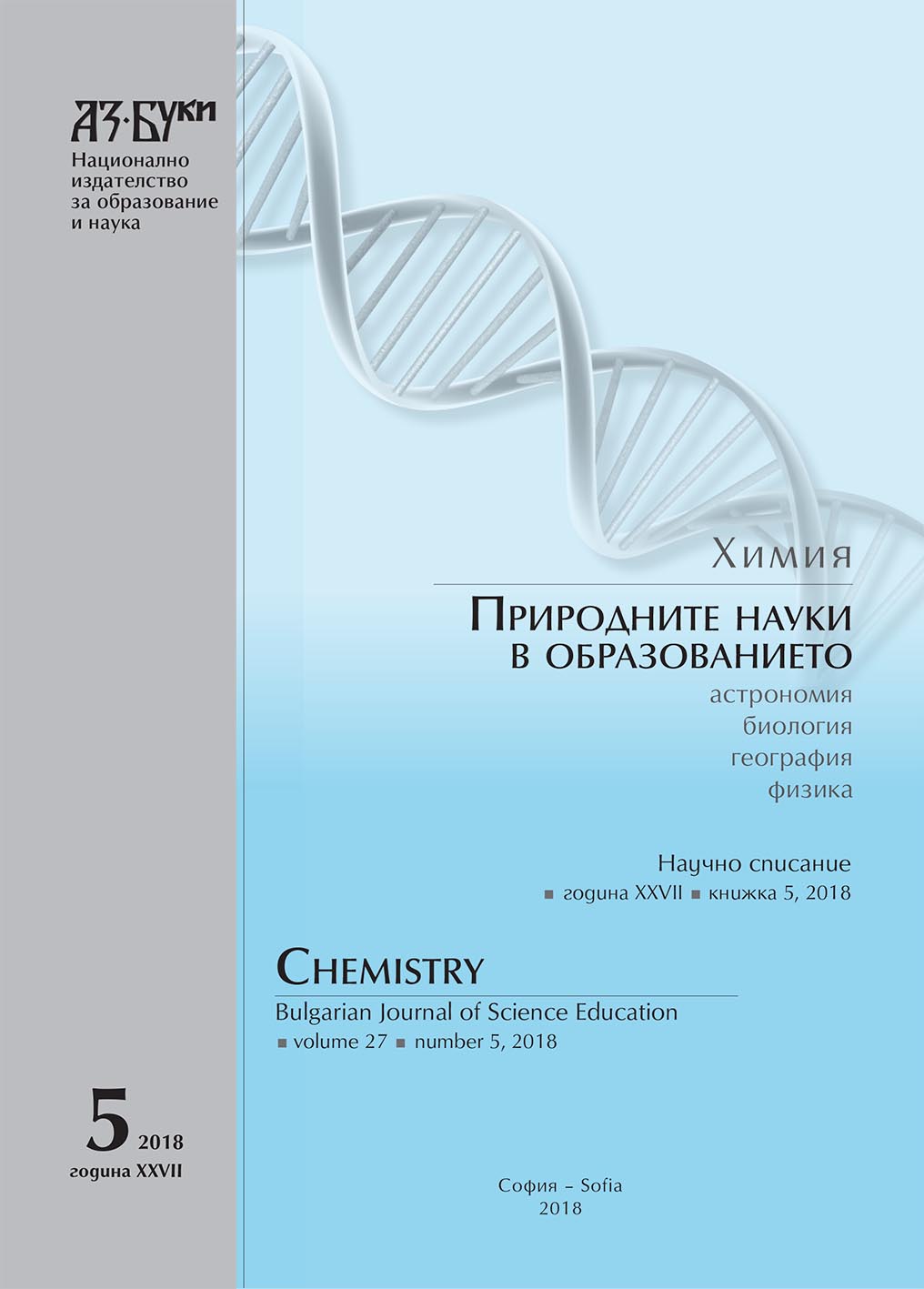
Gluten free and not gluten free batters for bread were prepared from wheat, rice, chestnut, maize and sweet potato batters. The rheological parameters of different gluten free batters were analysed by texture analyser (relaxation and retardation test) and rotational viscometer (Herschel-Bulkleymodel). The traditional wheat bread batter was used in comparison like control. The aim of the study was to see the capability of texture analyser in the investigation of rheological properties of batter. The received parameters are useful in the description of the differences between the behaviours of the batters from different batters. Based on the parallel experiments the ingredients of gluten free batters can be optimized.
More...
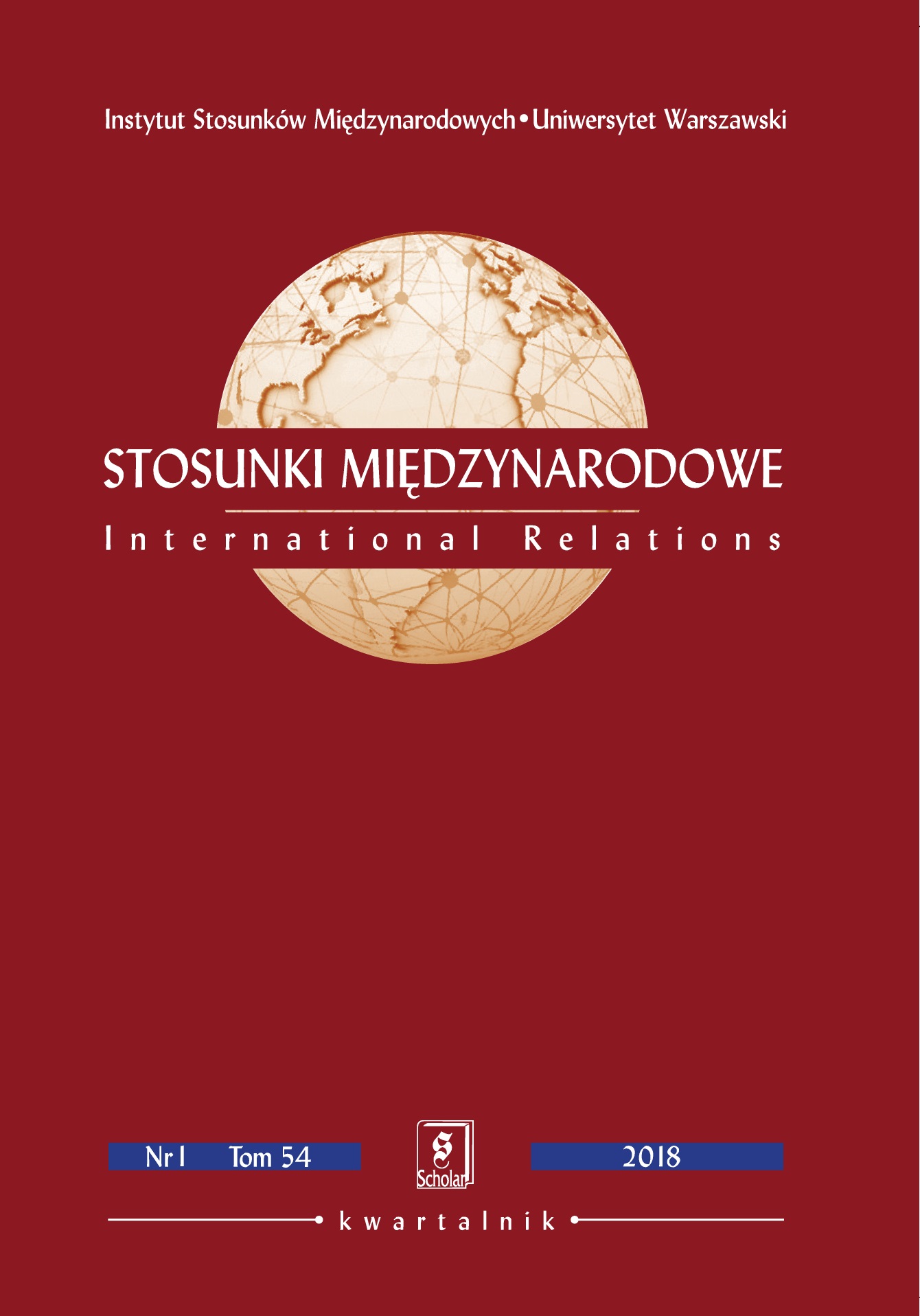
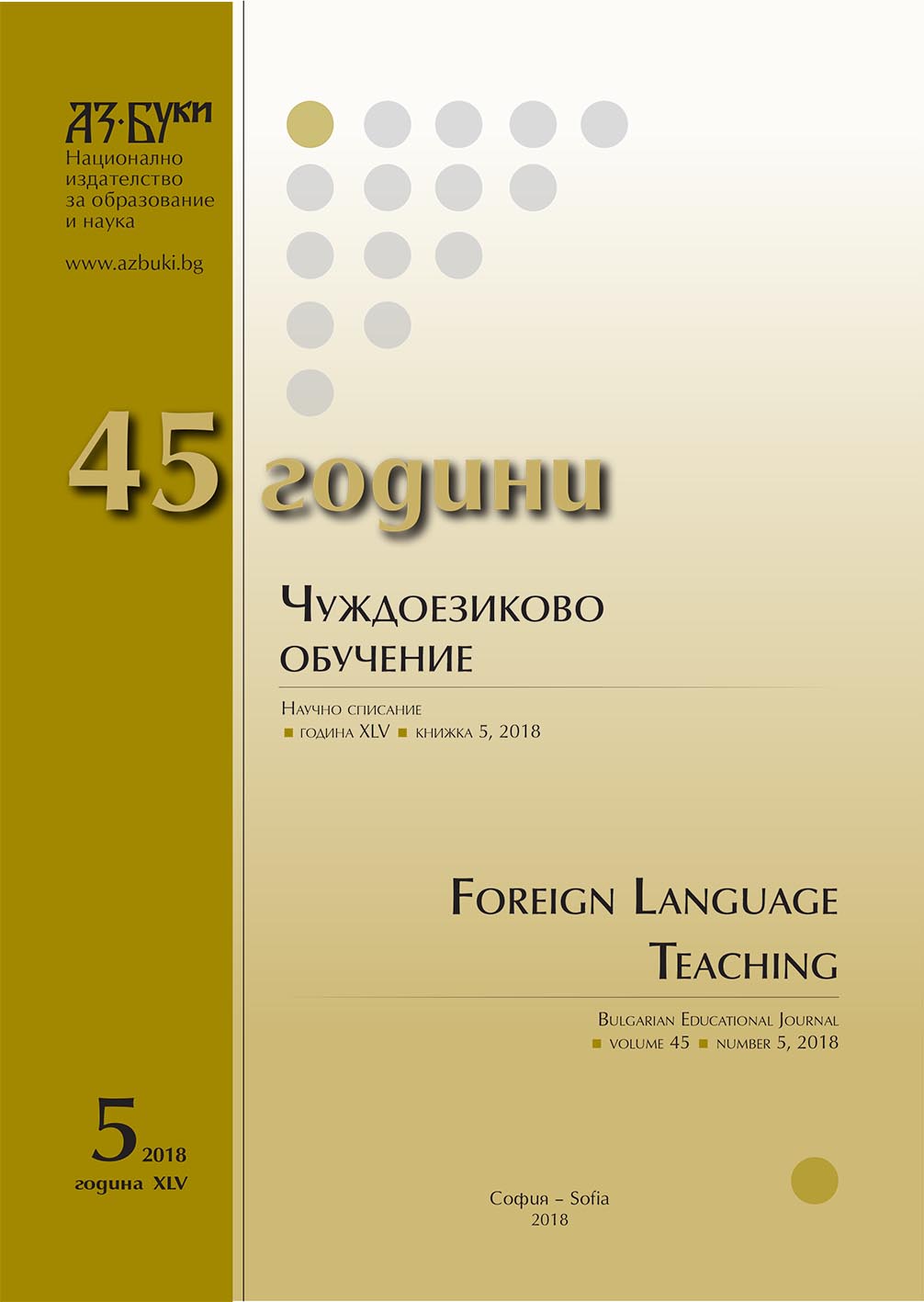
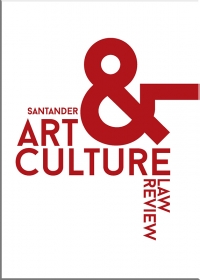
The European Year of Cultural Heritage (EYCH 2018), established by the Decision 2017/864 of the European Parliament and of the Council of 17 May 2017, was officially launched at the EU Culture Forum held on 7-8 December 2017 in Milan (Italy). This initiative of the European Union (EU) aims “to encourage people to explore Europe’s rich and diverse cultural heritage, celebrate, understand and protect its unique value and reflect on the place that cultural heritage occupies in all our lives”.
More...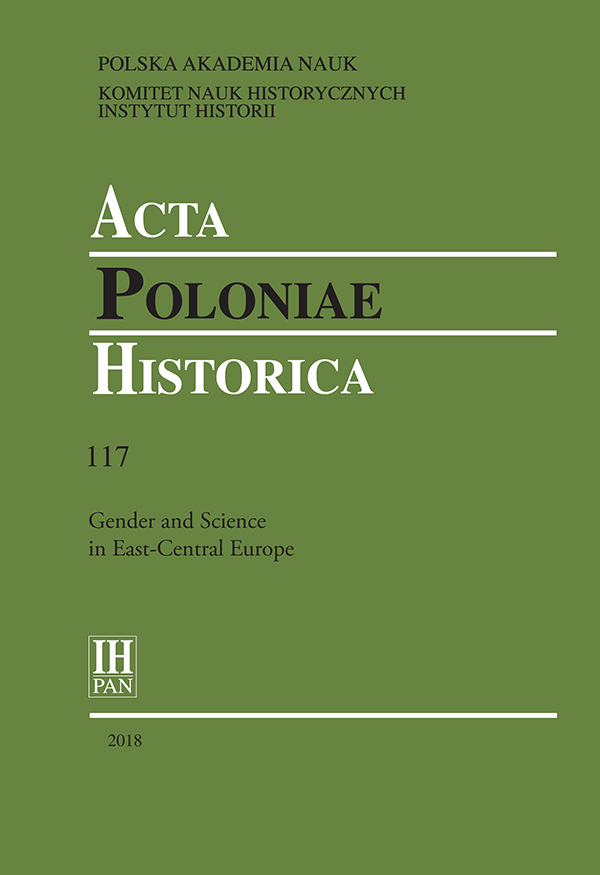
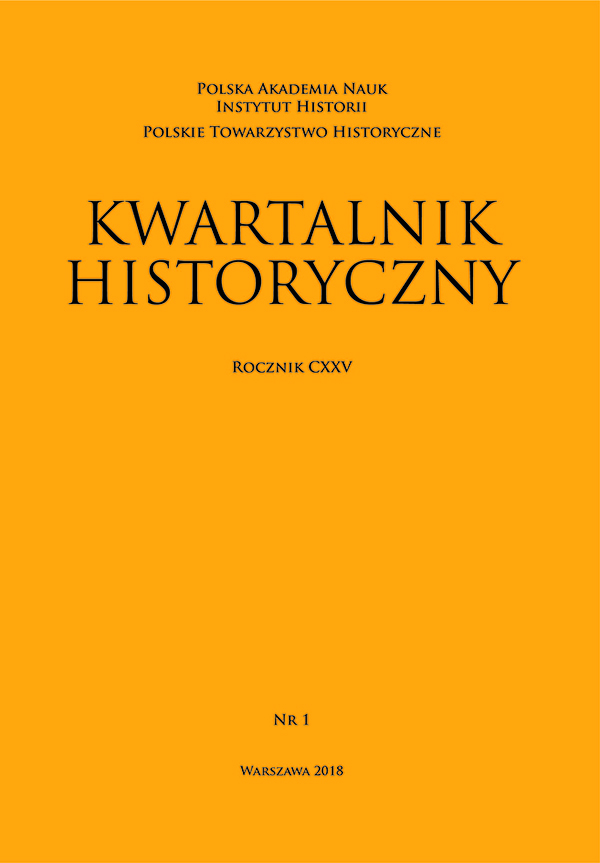
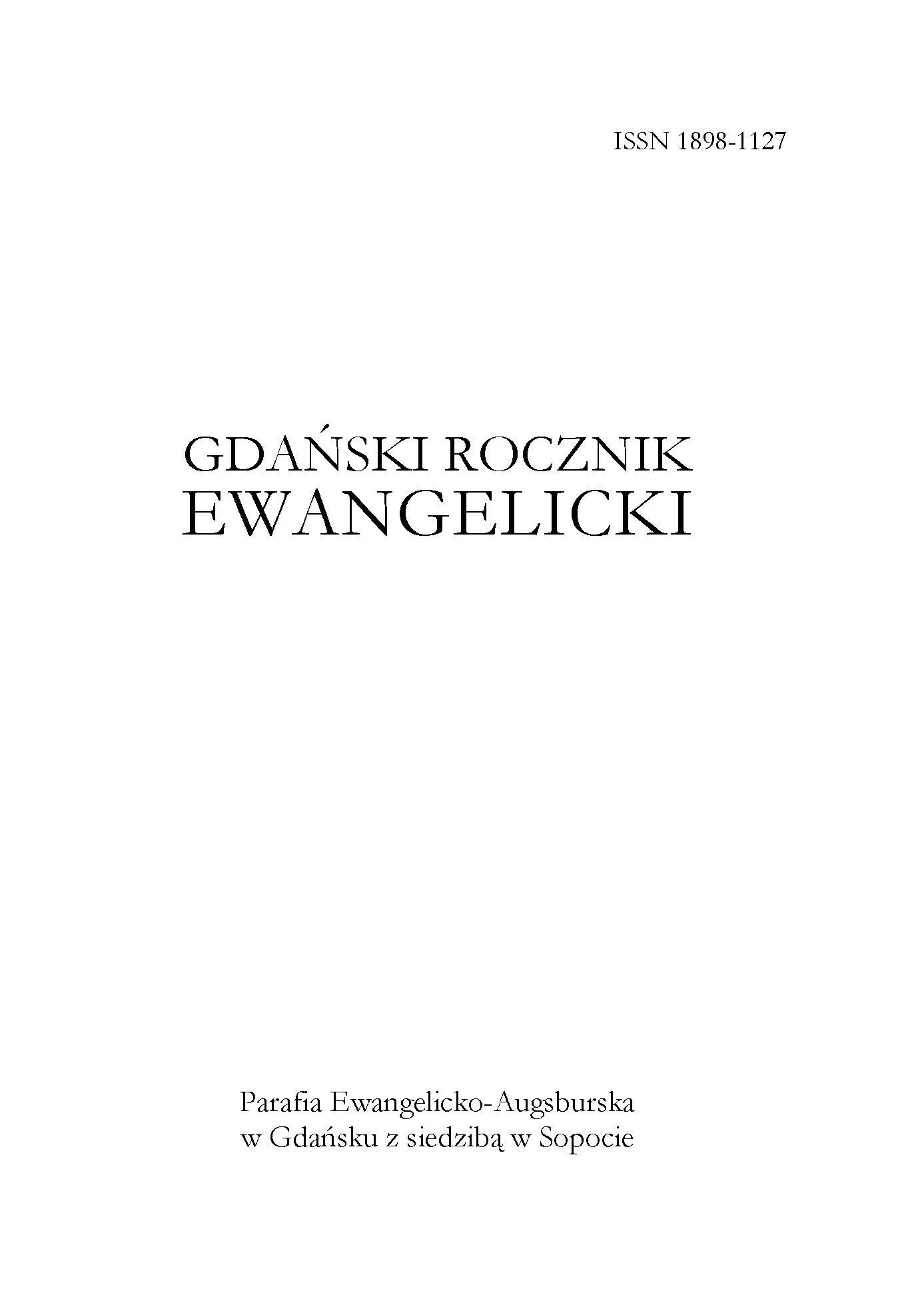
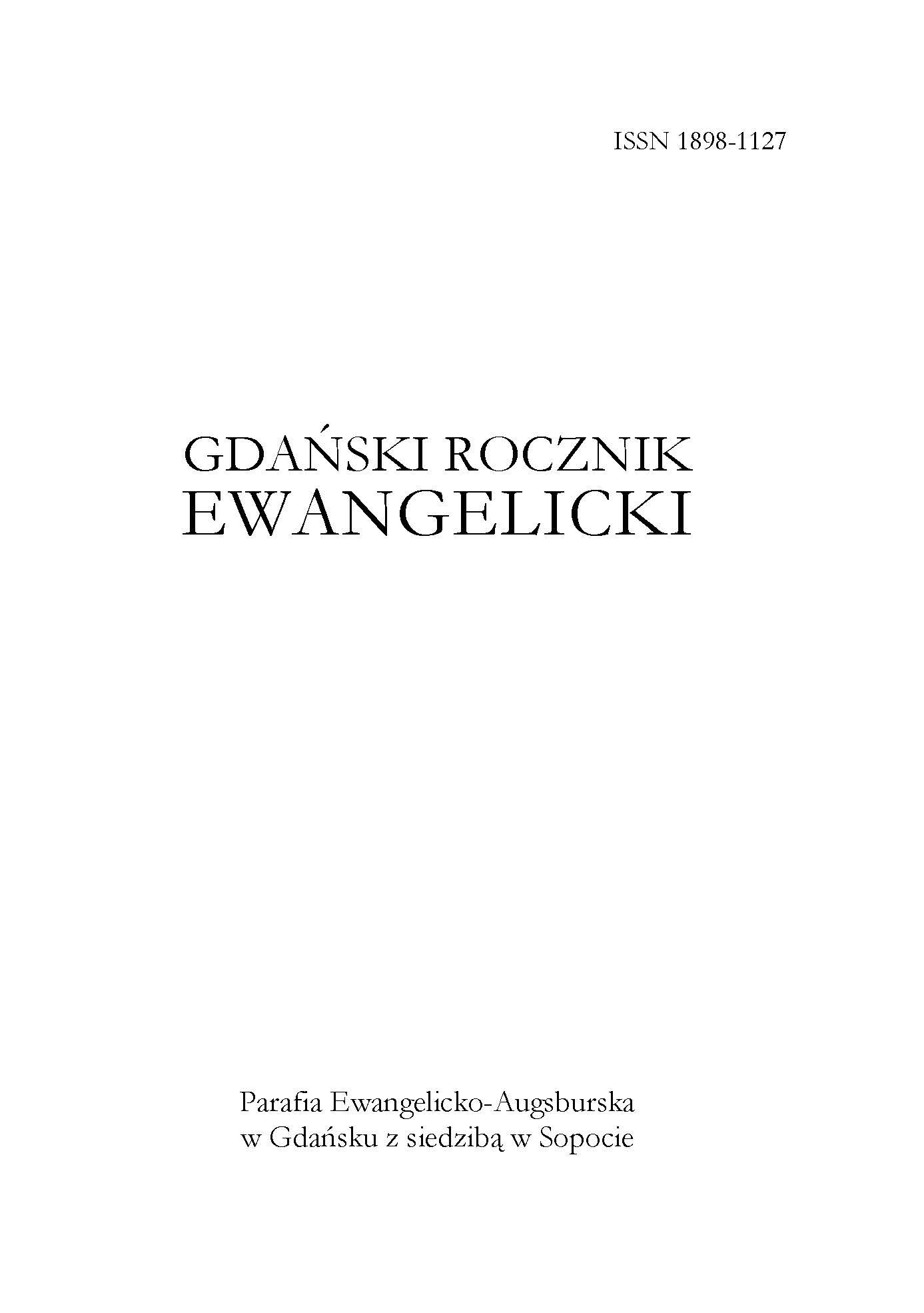
The article presents Martin Luther, the Reformer as a musician and theologian of music. From his early age, Luther played the lute well, later on also the flute and sang. When Luther studied in Eisenach, he had music lessons. Because music was taught in a mathematical manner, Luther acquired good understanding of the theory of harmonics. He learned to distinguish between different musical genres. In the monastery, already as a monk, he could refine his skills. Later on Lutherwas able to transcribe and adapt folk melodies (contrafactum) and to harmonise them as well as to write music for psalms. The Reformer himself composed 36 hymns for German texts. As Luther reformed the liturgy, he accorded full importance to the sermon as well as to community singing. The singing was defined as an assertion of faith and spiritual commentary on biblical texts. Music was at the heart of the Lutheran Reformation. Luther’s theology of music is formed through the conviction that music is a particularly beautiful and unique offering of the divine creation. „Music is a gift from God and next to theology” – wrote Luther. Music also moves human hearts. To bring people joy and to praise the Lord is the music’s true task and service.
More...
Like the other three volumes in the seriesdedicated to the Romanian electronics, this new volume deals with the history of research, design, production and operation of electronic equipment in Romania. Written by a team of over 50 authors, it has a pronounced memorialistic character. On the other hand, the issues are as concrete as possible, based on accurate information. The five chapters dealing with five areas represented by the institutions from the above domains are complemented by information about the authors, a rich bibliography, and numerous papers in electronic photocopies.
More...
This is the review of the new volume entitled Ingineri români: dicíonar enciclopedic, vol. II (Romanian Engineers: Encyclopedic Dictionary, vol. II), from a series initiated by Academician Gleb Dragan, and coordinated by the Section of Technical Sciences eithin the Romanian Academy. A new group of 265 personalities complete the original list.
More...